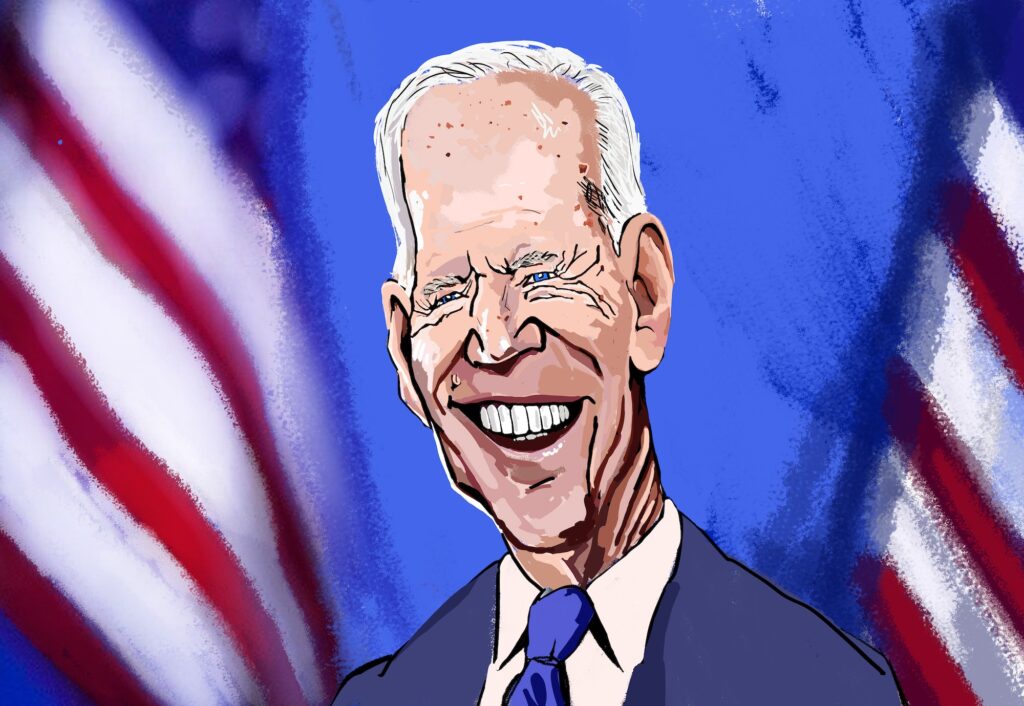
An open letter to CEOs thinking of writing open letters to Joe Biden
by J. Jennings Moss
Originally published Dec. 4, 2020 in the Silicon Valley Business Journal.
Dear Silicon Valley CEOs,
Congratulations. Your candidate presumably won the presidential election and is getting ready to change his address to 1600 Pennsylvania Avenue in Washington, D.C. Or, if you’re Oracle CEO Larry Ellison, I’m sorry your guy lost (even if he won’t admit it), but please know this letter is still for you and others like you.
You all no doubt want to get in front of President-elect Joe Biden and Vice President-elect Kamala Harris. You want them to know what’s on your minds, tell them about the big technology trends that are of concern, fill them in on what your companies are doing, and wish them well. And since you have a platform, you think sending an “open letter” may be the way to go.
I think that’s a swell idea. Plenty of high-profile people have taken this approach — a letter ostensibly to one individual or organization that actually is intended for everyone to read. Dr. Martin Luther King Jr. issued his “Letter from a Birmingham jail” this way in 1963. A young Bill Gates wrote an open letter to computer hobbyists in 1976 asking them to please not copy his software. Carl Icahn wrote one to the shareholders of CVR Energy in 2018 to make the case for why his tender offer for the company was the right move.
And then there’s Warren Buffett, who wrote an open letter to members of Congress in 2011 asking them to tax him and his super-rich friends more: “My friends and I have been coddled long enough by a billionaire-friendly Congress,” the Oracle of Omaha wrote. “It’s time for our government to get serious about shared sacrifice.”
This all brings me to now. Over the past couple of weeks, a few of you have started to write your own open letters to Biden and Harris. I’ve read two so far, from Intel CEO Bob Swan and HPE CEO Antonio Neri. I hate tell you both, but neither letter is going to be remembered as a call to action.
These two letters are a weird mix of company mission statement, breakdown of all the good stuff the companies do, areas where the CEOs agree with the new administration and good wishes for what comes next. They are not, in a word, compelling. There’s no nugget someone will walk away remembering. Here are two examples:
Intel’s Swan: “As the leader of a company driven by our purpose to create world-changing technologies that enrich the lives of every person on Earth, I am grateful for your recognition of the role technology plays in solving our nation’s largest societal challenges.”
(Swan goes on to push for several items that, no doubt, the Biden-Harris administration would agree with, like increasing manufacturing and investing in digital infrastructure.)
HPE’s Neri: “From strengthening our nation’s digital infrastructure, to ensuring equitable digital access for all, to leveraging the next wave of high-performance computing for solutions to society’s most pressing challenges, HPE is working diligently to carry on our legacy as one of Silicon Valley’s founding companies.”
(Neri sent the letter one day before HPE announced it would be moving its headquarters out of the Valley, to Houston.)
What’s missing is a challenge to the nation’s 46th president. Maybe it’s a spirited defense of an industry that’s under attack by both political parties for the power of its giants. Or, turning that around, how about a forceful argument for why it’s time to break them up.
You’d think that this would be a good time to make a pitch for opening up the nation to immigrant tech workers again. But Neri — an Argentinian-born immigrant who came to the United States in 1997 working for Hewlett-Packard — doesn’t write a word. Swan notes that the country has welcomed “global talent” for years and “should continue to support immigration programs needed by Intel and other high-tech companies to operate in the U.S.”
The CEOs of Intel and HPE get props for offering their companies’ technology expertise to deal with the ripple effects of Covid-19. Both Swan and Neri promised to help strengthen the nation’s digital infrastructure, and they a shared a similar goal to expand Internet connectivity to all Americans.
As corporate documents, the letters from Swan and Neri make sense. But they didn’t create news.
For CEOs interested in penning their own “open letter” to the president-elect, do it. But be authentic. And be bold.